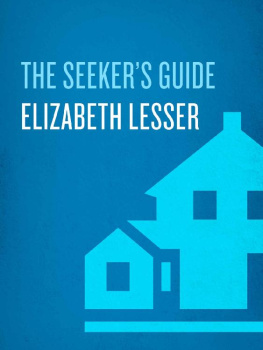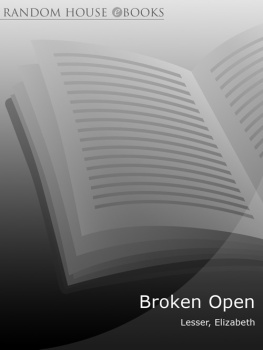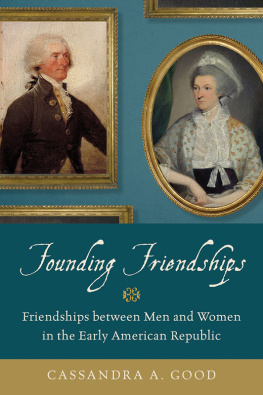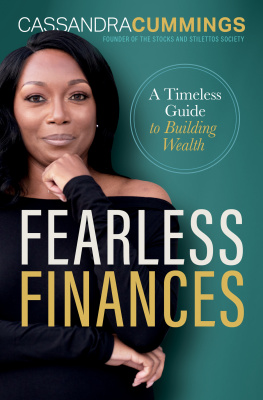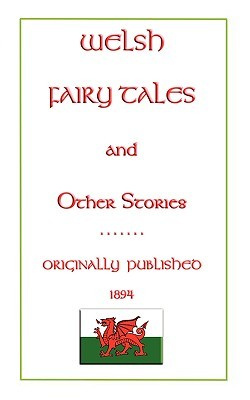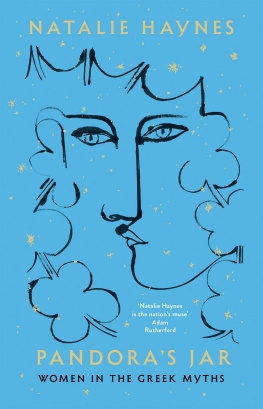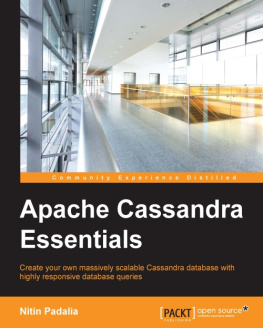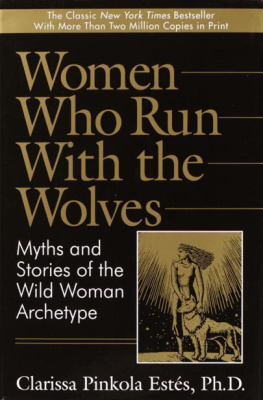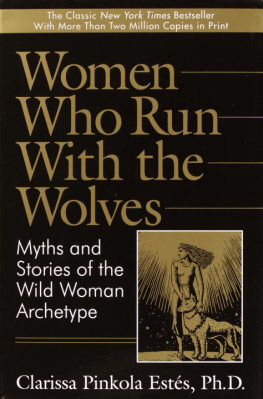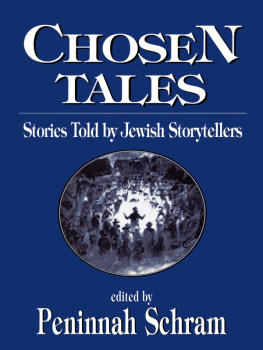This is a book about storiesthe stories a culture tells, and how those stories become the culture. Its about the stories we still blindly cling to, and the ones that cling to us: the origin tales, the guiding myths, the religious parables, the stories passed down through the centuries about women and men, power and war, sex and love, and the values by which we live. Stories written mostly by men, yet with lessons and laws for all of humanity. We have outgrown so many of them, and still they endure. This book is about those old stories, and its about what happens when women are the storytellers, toowhen we speak from our authentic voices, when we flex our values, when we become protagonists in the tales we tell about what it means to be human.
And so, I will start with a story. It takes place on a summer day, at Omega Institute, the education and retreat center I cofounded right out of college. Today, Omega is a thriving institution, offering hundreds of workshops and conferences every year on its campus in upstate New York. At the time of my story, I was the only woman in leadership at Omega. I was also a harried single mother, juggling work and parenting, trying to squeeze the impossible into each day.
Theres a room in Omegas dining hall where faculty can share a meal and mingle ideas. On any given day, theres an eclectic mix of innovative thinkers in that roomfrom medical researchers to indigenous healers, from yogis to scientists, and from NBA basketball players to Nobel Peace Prize winners. On this day, I was surrounded by speakers and teachers having fascinating conversations, but instead of chatting with them about breakthroughs in cancer care or mindfulness meditation or sports psychology, I was engaged in a familiar debate with my two little boys. I wanted them to eat a healthy lunch; they wanted to pedal their bikes down to the country store to buy fried chicken and ice-cream cones.
The boys won the debate and ran gleefully out into the summer day. By then almost everyone else had finished lunch and left the room. But in the corner, bent over a book and slurping cream of something soup, was one stragglera woman with short gray hair and thick reading glasses, a university Classics professor who was part of a conference exploring the power of myth in modern culture. She had just published a booka retelling of ancient legends from the point of view of the women in the tales. I had not yet read it. It was one of many books stacked on my bedside table, a common phenomenon for people who love to read but also have children and a job.
I was about to leave the faculty dining room when I noticed something disconcerting. The woman in the corner, the Classics professor, was so lost in reading that she was absentmindedly dribbling soup on the front of her sweaterbut actually, it was my sweater. I had offered it to her the evening before, when we met for the first time at a faculty orientation. You look cold, I had said, and she nodded and took the sweater without a word in response. What an odd person, I thought. Now I sat watching her, and my sweater, spellbound.
Sensing my eyes on her, the professor looked up and motioned to me. She pointed to the chair across the table from her. I went over, sat down, and within minutes, I would not have cared if she had dumped a whole tureen of soup on my sweater, because she told me a story that turned out to be the answer to a question I didnt even know I was asking. The story got under my skin and stayed with me. It set in motion a cascade of critical choices I would make over the next few yearschoices that would help me reclaim my voice, my courage, my self-worth.
Our conversation began lightly enough. I asked the professor if her room was pleasant, if she was sleeping well, how her class was going. Fine, fine, fine, she mumbled, waving away each question with her soupspoon. Then she lifted her eyes and peered at me.
And how is your life going? she asked.
Not so well! I was surprised to hear myself divulge. Suddenly, I was telling this strange stranger about a meeting Id been in earlier that day, and not just that meeting, but situations I found myself in over and over at work. I told her how frustrated I was as a woman leader, how it was like speaking a second language, how I was learning that language as fast as I could, but the guys I worked with didnt seem interested in learning my language, understanding my insights, enacting my priorities. I could see some important changes the organization needed to make. I could see what would happen if we didnt make those changes. But no one listened. Occasionally, something I had unsuccessfully argued for would resurface as someone elses brilliant idea. I spent my days either capitulating or complaining. I didnt like who I was becoming.
All I do is complain, I told the professor. Im pissed off all the time. No one listens to me. l feel kind of crazy.
The professor took another slurp of soup. Then she put down her spoon and sat quietly for a few moments. I have been thinking a lot about Cassandra, she finally said. You remember her, of course.
Barely, I admitted.
Well, then, Ill remind you. Cassandra was a princess from the city of Troy. She was the most beautiful of King Priam and Queen Hecubas daughters. As such, she had many suitors, both mortal and immortal. The professor looked around the empty room and then lowered her voice, as if including me in some ancient gossip. Zeus, king of the gods, was after Cassandra. And so was his son, Apollo. To woo her, Apollo gave her something only a god could givethe coveted gift of seeing into the future. But when he tried to seduce her, Cassandra refused his sexual advances. This enraged Apollo. Instead of just taking the gift of prophecy away, he grabbed her, spat in her mouth, and put a curse on her. You will remain clairvoyant, Cassandra, he said, but now, no one will listen to you, no one will believe your predictions. So, no matter what she foresawfrom the sacking of Troy, to the death of her brothers, to the multiple tragedies that would befall her peopleno one believed Cassandra. She was eventually driven mad by knowing the truth and being doubted when she spoke it. Her final indignity came at the end of the Trojan War. As her city lay in ruinsjust as she had prophesizedshe was abducted and raped by a Greek warrior.
As the professor spun me the tale of Cassandra, I began to feel less and less as if she was speaking about characters from a Greek myth, and more and more as if she was speaking about women in general, in ancient times and our times. Finally, she said, Listen here, young lady. Women have been ignored, ridiculed, punished, even killed for their opinions forever. But without the balancing power of her voicethe female voicethings in this world end in disaster. Cassandras tale is your tale. It is all of our tales. We must speak, and we must be taken seriously. We must change the way the story ends.


